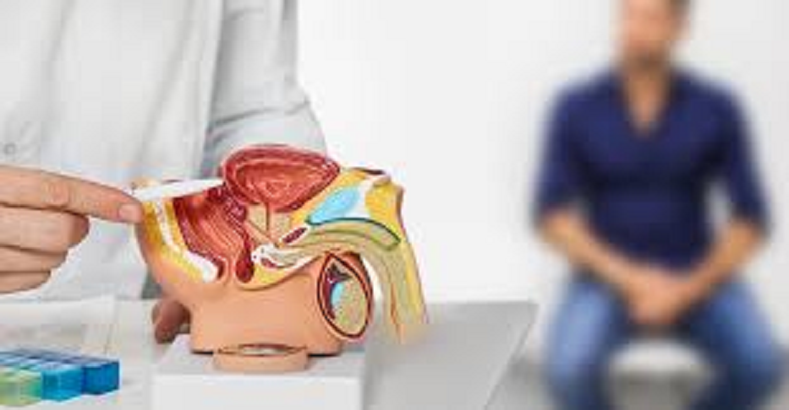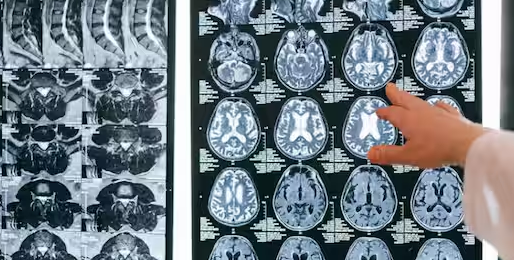Prostate Cancer Early Signs: If you see these 5 symptoms, understand that prostate cancer is about to occur
- bySherya
- 22 Sep, 2025

Prostate Health Check: Prostate cancer is the abnormal growth of the prostate in men. This gland is located below the bladder and produces semen. There are often no symptoms in the early stages.

Prostate Cancer Signs: Prostate cancer is an abnormal and malignant growth of cells in the prostate gland in men. The prostate is a walnut-sized gland located at the bottom of the urinary system and responsible for sperm production. Most prostate cancers grow slowly, and in the early stages, there are often no obvious symptoms. Therefore, early detection is crucial, as it allows for early treatment and increases survival. Let us tell you about five signs of this cancer.
1. Changes in urine
The first sign of prostate cancer is often a change in urination habits. The prostate gland surrounds the urethra, and enlargement can cause problems with urine flow. Men may experience the following problems:
- Difficulty starting or stopping urine
- Weak or intermittent urine flow
- A small drop of urine remains at the end of the urine
- Incomplete emptying of the urethra
- Frequent urination at night (Nocturia)
These symptoms could be caused by prostate enlargement or cancer. You should see a doctor immediately because the symptoms of normal prostate enlargement and cancer are similar.
2. Blood in urine or sperm
If blood is seen in the urine or sperm , it's important to see a doctor immediately. This is called hematuria and hematospermia. It could be a sign of prostate cancer or other prostate-related problems.
3. Erectile dysfunction or painful ejaculation
Sexual problems can also occur in the early stages of prostate cancer. These include erectile dysfunction and painful ejaculation. The prostate gland and surrounding nerves control sexual function, and cancer can affect their function.
4. Pain in the pelvic area or back
Some patients may experience persistent or occasional pain in the pelvic area, groin, hips, and thighs. This could also be an early sign of prostate cancer. Prolonged or recurring pain requires medical attention.
5. Frequent urination at night
Enlargement of the prostate gland and pressure on the bladder from a tumor can cause frequent urination at night. This affects sleep quality and negatively impacts health.
Importance of the PSA blood test
The PSA (Prostate-Specific Antigen) blood test measures the level of a protein secreted by the prostate. A high PSA level may indicate prostate cancer, although it can also be caused by other non-cancerous prostate problems, such as an enlarged gland, inflammation, or infection.
A PSA test can help doctors detect cancer before symptoms appear. Combining a PSA test with a digital rectal exam can help detect cancer early. Regular PSA testing is crucial, especially for those over 50 and those with a family history of prostate cancer. Early detection is crucial for prostate cancer. If you experience symptoms such as changes in urine, blood, pain, sexual problems, and nighttime urination, consult a doctor immediately. The PSA blood test is an important way to detect cancer early, which can lead to timely treatment and survival.





